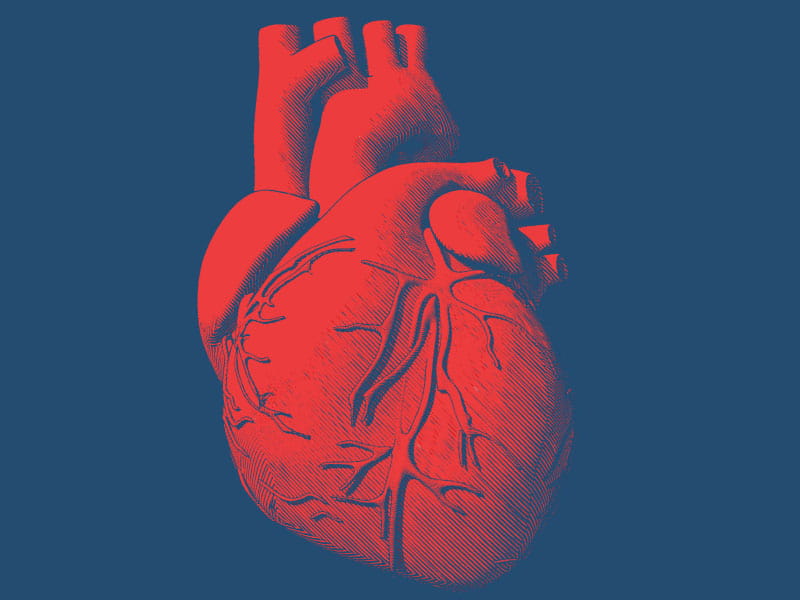
Why 'cough CPR' is not the lifesaver it's made out to be
Jan 22, 2025
Social media posts continue to spread misinformation about how coughing forcefully can treat a heart attack. Doctors debunk this myth and share what actually to do.
CPR

Jan 22, 2025
Social media posts continue to spread misinformation about how coughing forcefully can treat a heart attack. Doctors debunk this myth and share what actually to do.
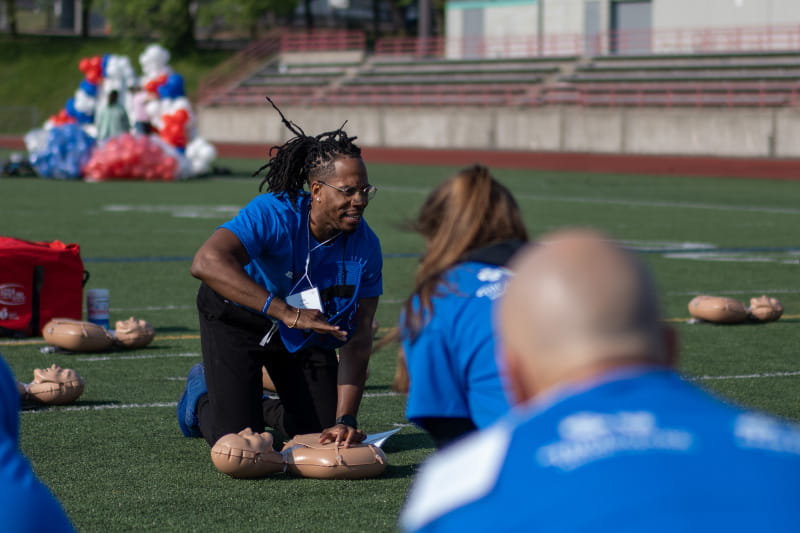
Dec 30, 2024
CPR can save lives. These five stories about CPR – and the people who used it – got the most views in 2024.

Nov 12, 2024
Anyone pulled from the water who shows no signs of normal breathing or consciousness should be considered in cardiac arrest, according to updated guidelines.
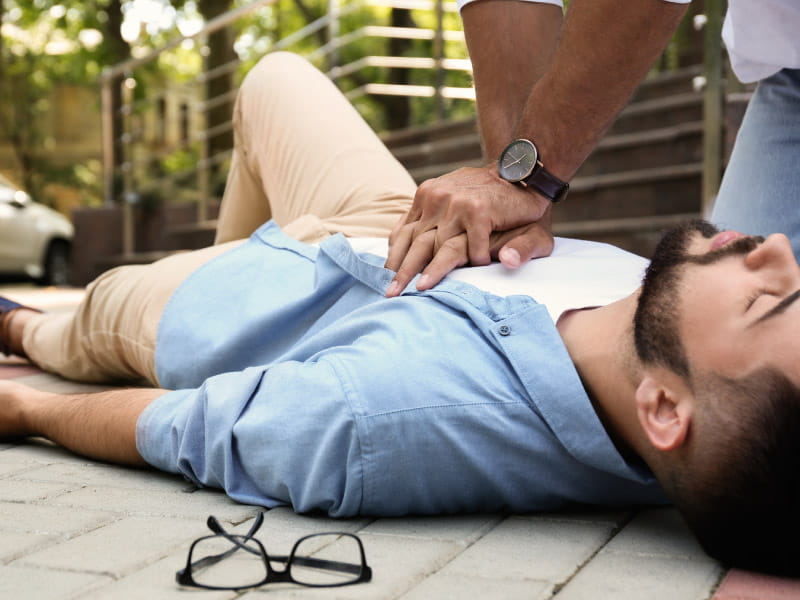
Nov 11, 2024
People who get bystander CPR within the first 10 minutes of an out-of-hospital cardiac arrest may have higher chances for survival and intact brain function, new research suggests.
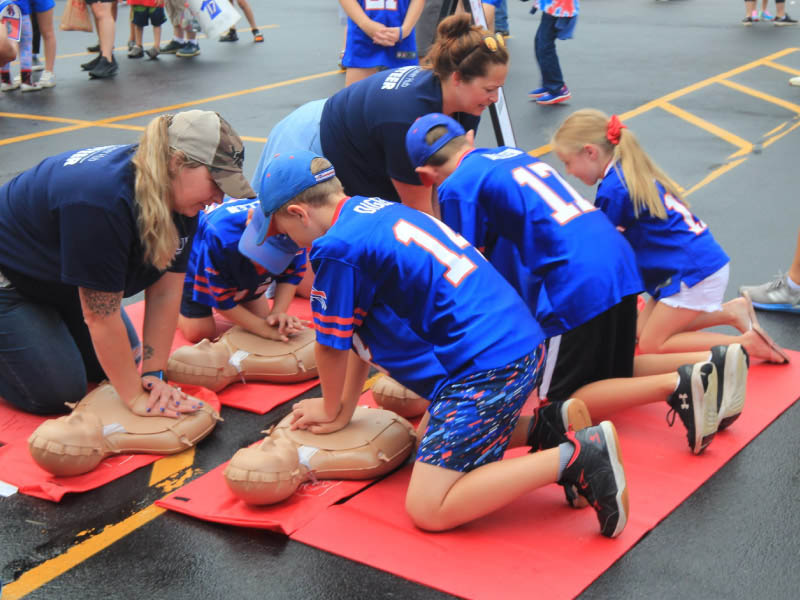
Feb 13, 2024
Even preschoolers can start learning basic skills that can prepare them to use CPR by the time they're tweens.
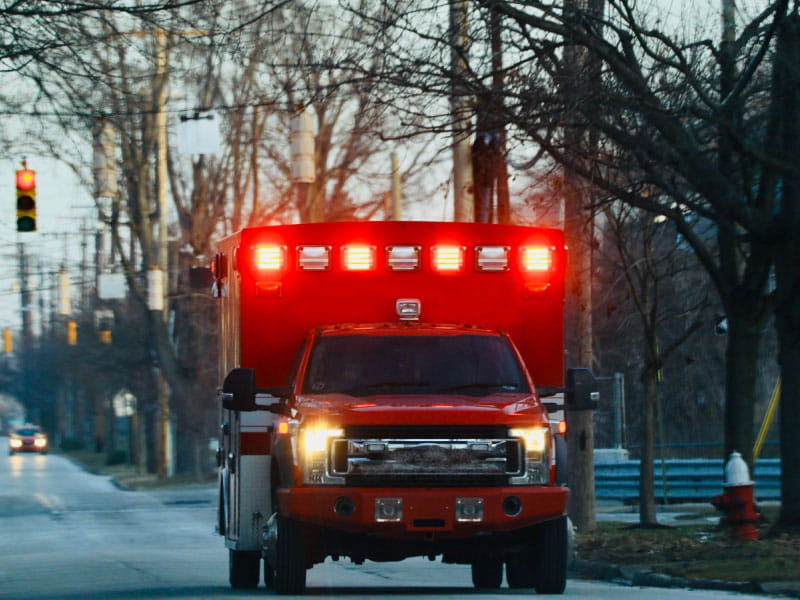
Jan 31, 2024
People who have out-of-hospital cardiac arrests caused by a drug overdose often fare better than those whose hearts stop for other reasons, new research suggests.

Jan 2, 2024
The collapse – and survival – of Bills safety Damar Hamlin during an NFL game sparked interest in lifesaving CPR and AEDs, including from a family near Cincinnati and another in Buffalo.

Oct 23, 2023
Tiffany Vara always knew that Abbie's survival – and her second life – was a gift. It took nearly 19 years to realize that the CPR she performed is what made it possible. That epiphany has re-energized her own life.

Sep 18, 2023
Guidelines for medical professionals who treat cardiac arrest caused by opioid overdoses and other poisonings include information everyone needs to know, the authors say.

Jul 26, 2023
Asian and white adults receive bystander CPR for cardiac arrest outside a hospital at similar rates, but it's not entirely clear why fewer Asians survive, according to a new analysis.